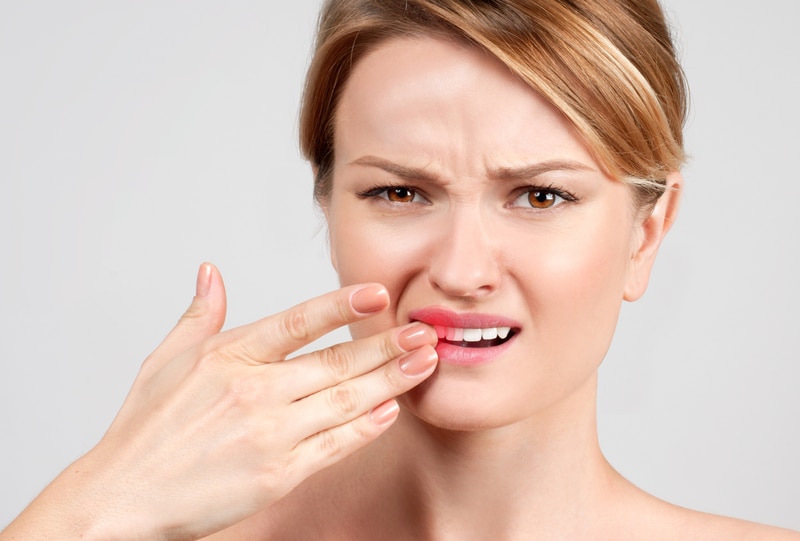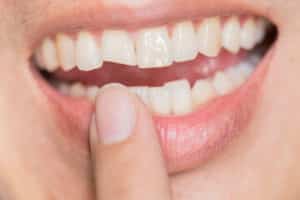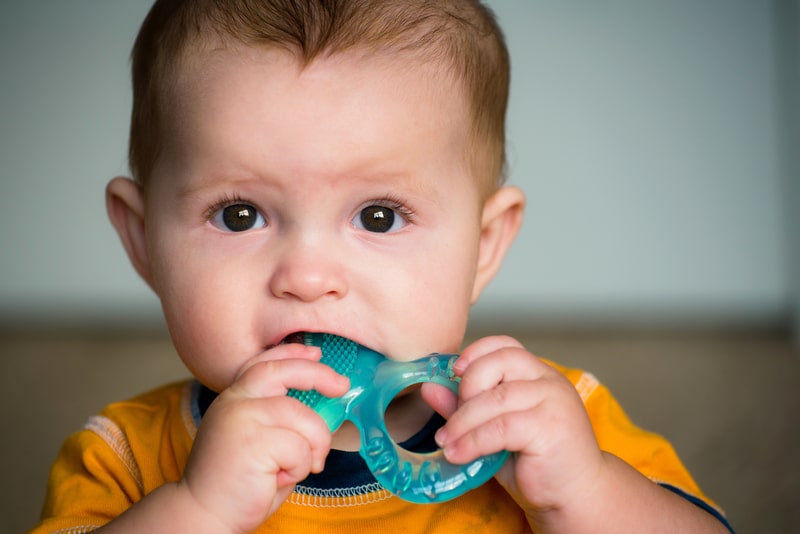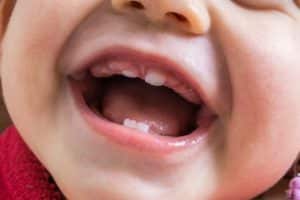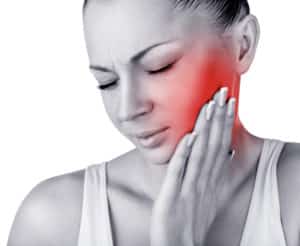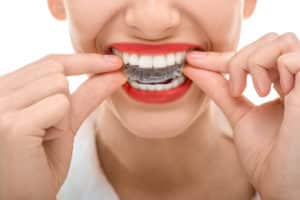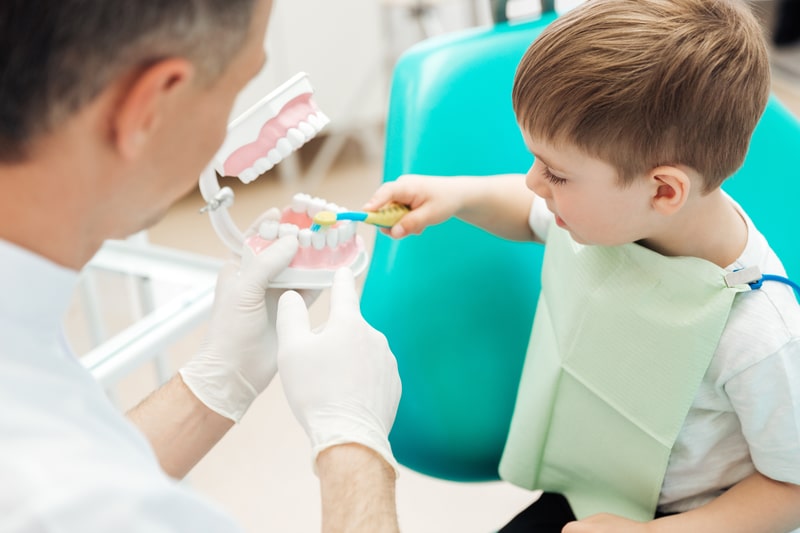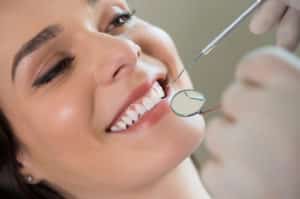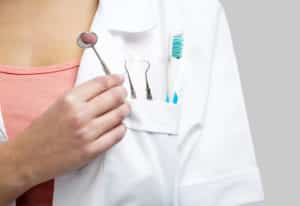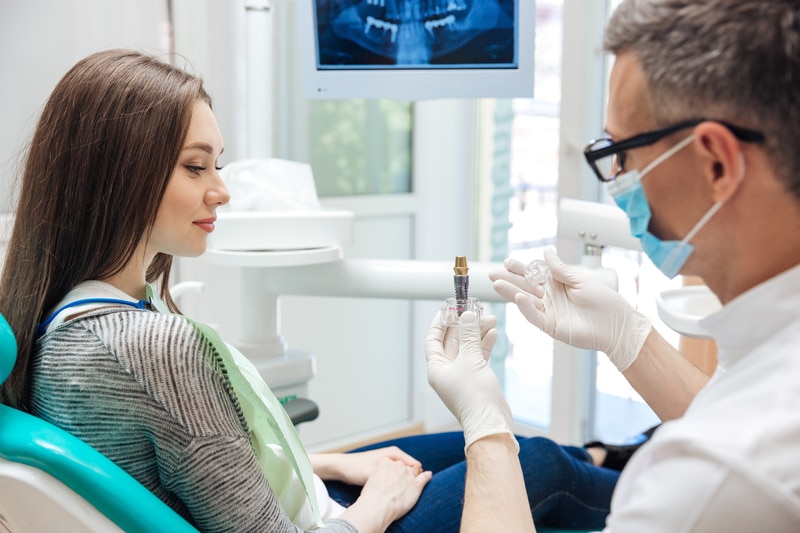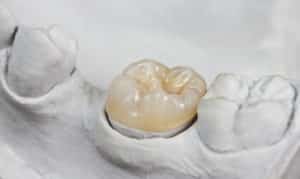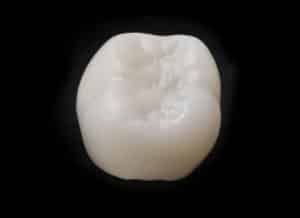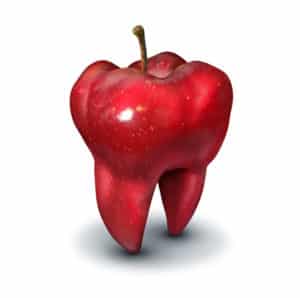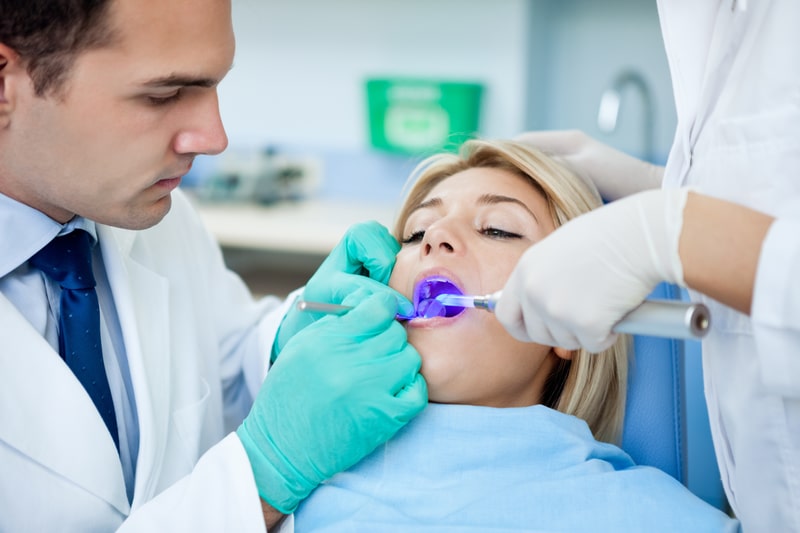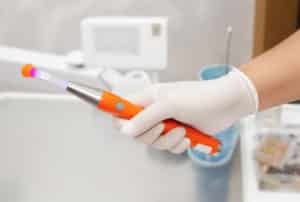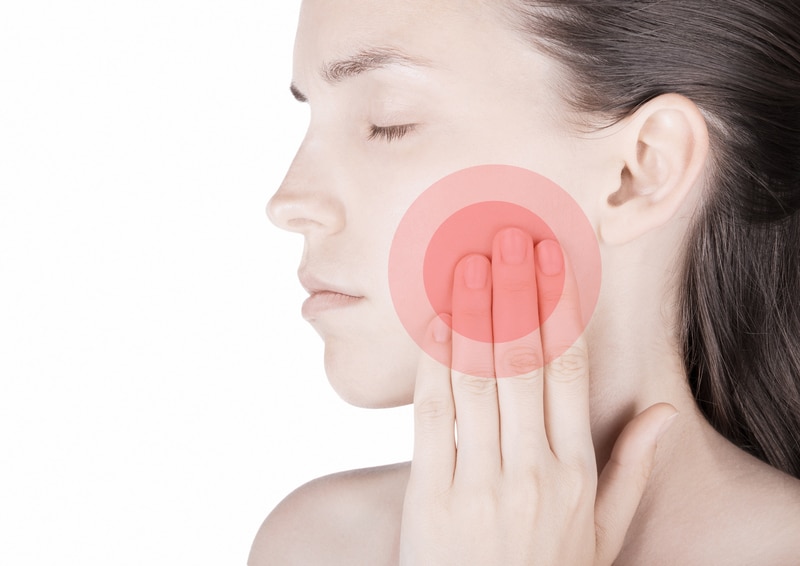Prevent Early Tooth Loss
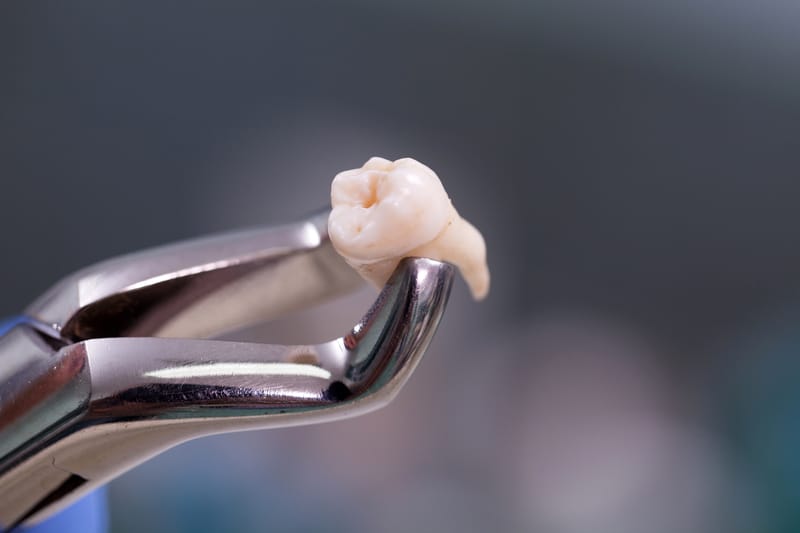
Did you know that you can keep your natural teeth for life if you take care of them properly? Many people think that tooth loss simply happens with age, but it doesn’t have to be that way! Millions of people don’t visit their dentist enough, and many more don’t brush or floss their teeth every day. This leads to problems such as gum disease and tooth decay, both of which will lead to early tooth loss. The more you know about the caring for your teeth, the more likely you are to keep your natural smile throughout life. Find out how you can prevent early tooth loss and what you can do now to reverse common oral health issues!
Visiting the Dentist
Did you know that you should be visiting the dentist at least twice a year? This recommendation comes straight from the American Dental Association and countless other health sources. You should be visiting the dentist even if you feel healthy and your mouth seems to be doing fine. That twice-a-year visit is a part of preventative dentistry. This means that you are making sure your oral health is doing great and that you are preventing tooth decay, gum disease, oral cancer and other oral health problems.
However, too many people don’t visit the dentist each year or at all. Some don’t even have a dentist and don’t see one unless a major dental emergency has happened to their mouth. By that time, tooth loss, infection and other major problems are very common. Some studies show that about 1/3rd of Americans don’t visit a dentist during the year. Only about 65% of people do make a dental appointment during the year, but that percentage has stayed the same through the last decade. It’s no wonder that gum disease and tooth decay are so common in American adults and children!
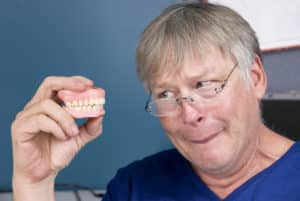
Oral Health Problems
When you think about chronic diseases, you probably don’t think about your gums or cavities. However, gum disease affects more than 64.7 million Americans, and that’s only counting adults. Millions more have tooth decay and many don’t have those cavities treated. Once you get a cavity, the only way to get rid of it is to remove the diseased part of your tooth and fill it with dental material. With your gums, there is even less that can be done if you have severe gum disease.
Gum disease happens because you’re not brushing and flossing your teeth as you should. When you eat, sugars in your food and drink mix with bacteria in your mouth. This creates a sticky film called plaque that sticks to your teeth and touches your gums. Over time, that acidic film will erode your tooth enamel, causing decay. It will also irritate your gums, causing them to become red, swollen, inflamed and to bleed easy. Gingivitis is the early stage of gum disease that we can reverse. However, severe gum disease leads to gum recession and tooth loss. One you lose one tooth, you start to have tooth loss all over. Even getting a dental implant, bridges or dentures can be difficult too as your gums are too mushy to hold these dental appliances.
Oral Hygiene Is a Must
Nobody wants mushy gums or tooth loss. Luckily, you don’t have to have either! You simply have to brush and floss your teeth, eat well and see the dentist. That’s it. Sounds pretty easy, right? The ADA recommends that every person brush and floss their teeth at least twice a day. You can do this after every meal if you want to reduce your risk for plaque even more. Many patients also benefit from using bacteria-killing mouthwash and tooth-strengthening fluoride. All of these oral hygiene habits will significantly reduce your risk for tooth decay, gum disease and especially tooth loss. What you eat also matters, so make sure you limit your sugar to reduce the amount of plaque your body makes and avoid carbonated and citrus drinks that have acids in them.
You may never have tooth loss your entire life if you are vigilant with oral health habits every single day. Plus, taking care of your teeth only takes a few minutes out of your entire day. You have 1440 minutes every day to work with. It takes less than 10 of those to keep your mouth healthy, so brushing and flossing is something everyone has time for.
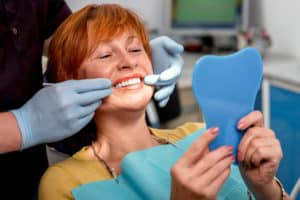
Prevent Early Tooth Loss
Like we said, you don’t ever have to lose your teeth if you take care of your oral health! A major part of preventing early tooth loss is to brush and floss your teeth every day. Avoid foods and drinks that will hurt your tooth enamel. See the dentist several times a year (even if you feel fine) and definitely go to the dentist when you feel tooth pain or sensitivity. Prevention is always better than having to deal with tooth loss or any other problem in life. To learn how you can protect your teeth even more or to schedule your dental exam and cleaning, call Dr. Ania’s office today at 303-443-0998!


